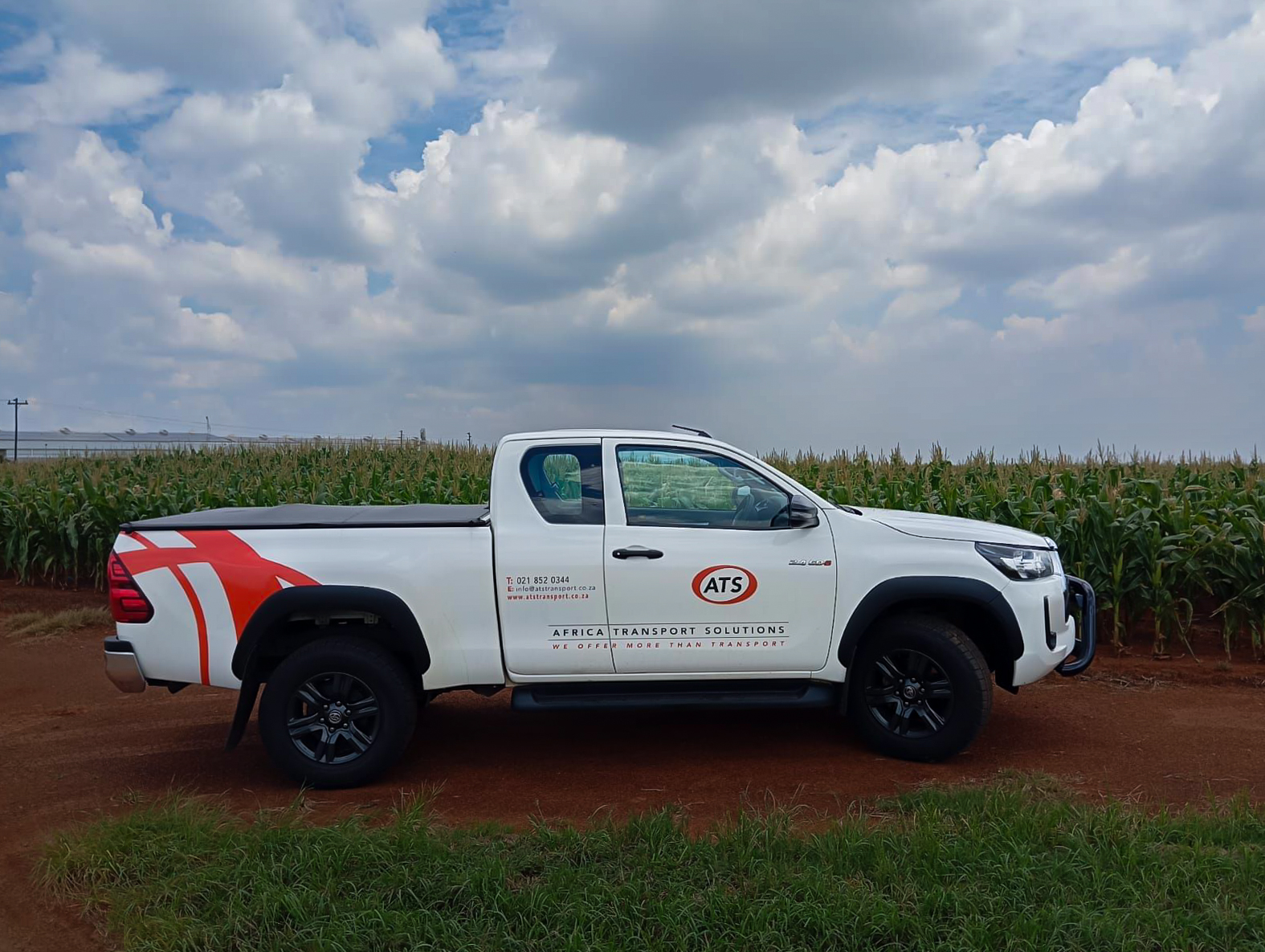Overborder Freight Logistics Providers keep international trade moving efficiently across Southern Africa. Because borders introduce complexity, companies like ATS simplify the process by offering fully managed cross-border logistics. Additionally, they coordinate permits, documentation, and multi-country routing, allowing clients to avoid delays and fines.
Southern Africa’s border controls require experience and precision. Fortunately, ATS understands regional nuances and adapts strategies accordingly. As a result, goods flow seamlessly through Zimbabwe, Namibia, Mozambique, and other key trade corridors without disruptions.

Since border delays are often caused by paperwork issues, ATS takes proactive steps to ensure that every shipment complies with all relevant regulations. Their trained staff handles all documentation well in advance, minimizing the risk of delays at the border. Additionally, ATS’s strong relationships with customs officials help expedite approvals, ensuring smooth and timely clearance. This combination of thorough preparation and established connections eliminates surprises, allowing shipments to pass through customs more efficiently and with fewer disruptions, keeping the supply chain moving smoothly.
ATS deploys specialized vehicles equipped for long-haul and cross-border transport. Furthermore, their trucks handle different cargo types, from general freight to sensitive goods. Because maintenance and tracking standards remain high, clients can trust consistent performance at every border.

Always verify the import/export requirements for each country along your shipment route to avoid potential compliance issues. Partnering with logistics providers like ATS, who maintain up-to-date knowledge of customs regulations, ensures that shipments meet all legal requirements, reducing the risk of delays or penalties. Additionally, it’s important to plan for buffer time during peak border hours, as customs processing can be slower during busy times. By incorporating this extra time into your schedule, you can help ensure that your shipments stay on track and reach their destination without unnecessary delays, even in the face of unforeseen challenges.